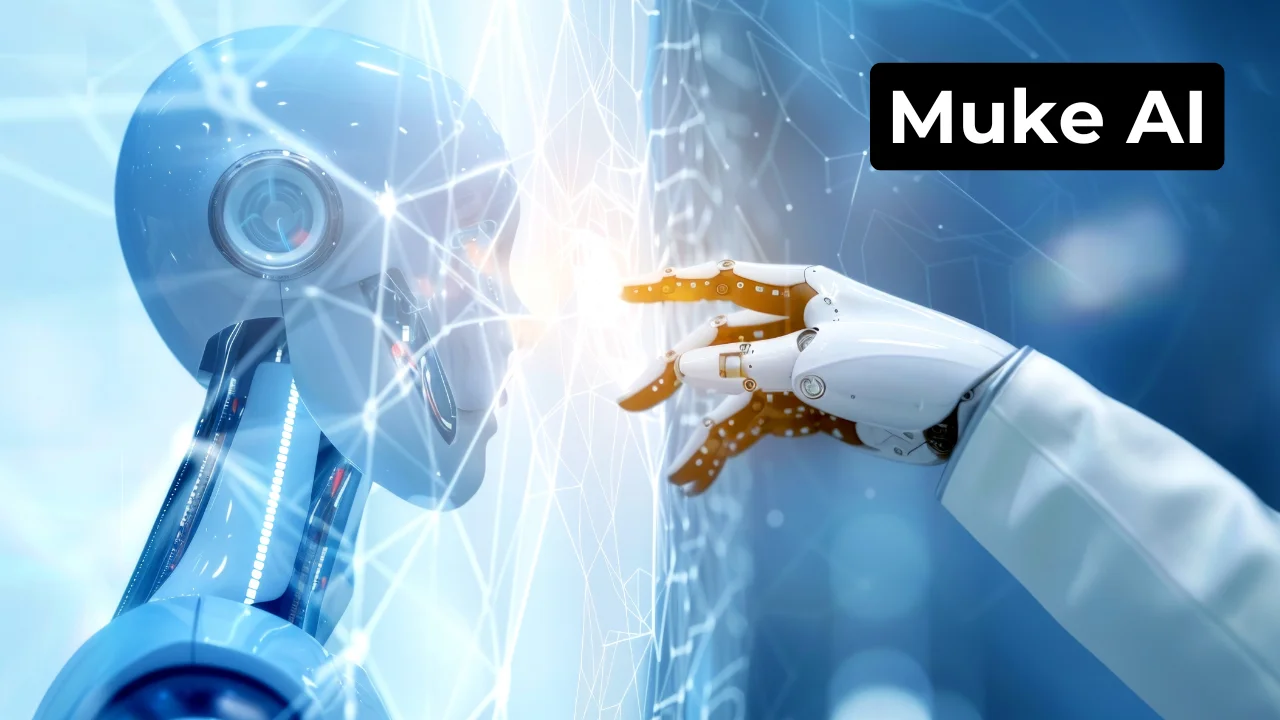Building successful digital products today requires a balance of innovation, engineering depth, and long-term thinking. As markets evolve rapidly and customer expectations shift, organizations must adopt technology frameworks that support scalability, security, and continuous iteration. This growing demand has brought increased attention to software product engineering companies that specialize in designing, developing, and optimizing products across their entire lifecycle. Their role is not just to write code—they enable businesses to bring concepts to market faster, reduce risks, and enhance product reliability from day one.
Modern product engineering begins long before a single line of code is written. It starts with understanding the user, analyzing market readiness, and validating ideas with data. Teams build prototypes to test assumptions early, helping companies avoid costly development detours. With a structured discovery phase, engineering experts can identify the most efficient tech stack, architectural approach, and integration model, ensuring that product development remains aligned with business goals.
Once development begins, engineering depth makes all the difference. Today’s digital products require resilient architecture, modular design, and seamless integration with third-party systems. This is where product development engineering services become essential. These services cover everything from system design, performance optimization, and code quality to testing, automation, and cloud enablement. Strong engineering teams ensure scalability and reliability, making sure the product performs efficiently even as user demand grows.
Security also plays a critical role in product development. With increasing data regulations and rising security threats, engineering experts incorporate secure coding practices, encryption standards, vulnerability assessments, and compliance-driven audits into the development workflow. This helps prevent disruptions, eliminate vulnerabilities early, and ensure that the product adheres to global security frameworks.
Another important aspect of modern product engineering is iterative development. Continuous integration and continuous deployment (CI/CD) pipelines ensure that new features can be rolled out smoothly, tested thoroughly, and released without downtime. This allows businesses to keep their products fresh, competitive, and aligned with customer needs. It also reduces manual errors, increases delivery speed, and minimizes release risk.
User experience (UX) is another powerful differentiator. Even the most technically advanced product must be intuitive, visually appealing, and easy to use. Product engineering experts collaborate closely with UI/UX teams to design cohesive user journeys that enhance satisfaction and reduce friction across all touchpoints. This combination of engineering and design thinking is essential for modern digital product success.
Testing remains one of the critical pillars of product engineering. Rigorous functional, performance, security, and usability testing ensures the product is stable under real-world conditions. Automation frameworks help teams identify issues faster while reducing repetitive manual tasks. With continuous testing embedded into the development cycle, products achieve higher quality and faster go-to-market timelines.
Cloud engineering is another transformative element in today’s digital ecosystem. Whether deploying on public, private, or hybrid clouds, engineering experts design solutions that improve scalability, reduce infrastructure costs, and boost operational efficiency. Cloud-native architectures, containerization, and microservices further support agility and faster deployments.
Finally, long-term product success depends on continual improvement. Engineering teams provide post-launch support, performance monitoring, version upgrades, feature enhancements, and analytics-driven optimization. This ensures the product remains competitive as technology trends evolve.
In a market where innovation cycles are getting shorter, businesses must partner with experts who understand the full spectrum of product engineering. From idea validation to architecture design, development, cloud deployment, and continuous optimization, the best engineering firms deliver solutions that are future-ready, resilient, and aligned with evolving user expectations.





